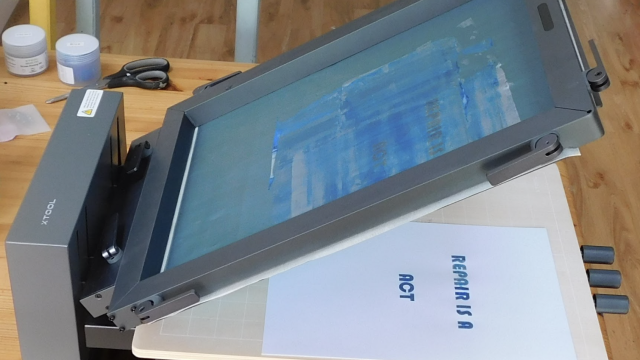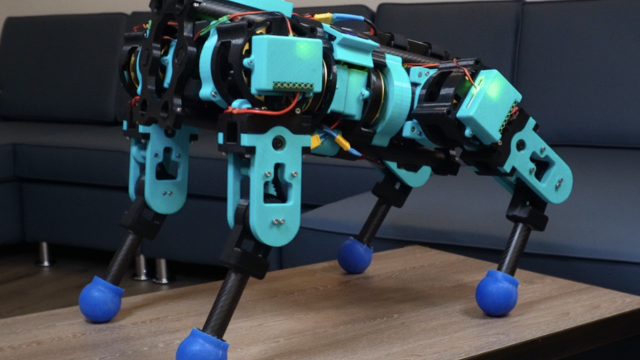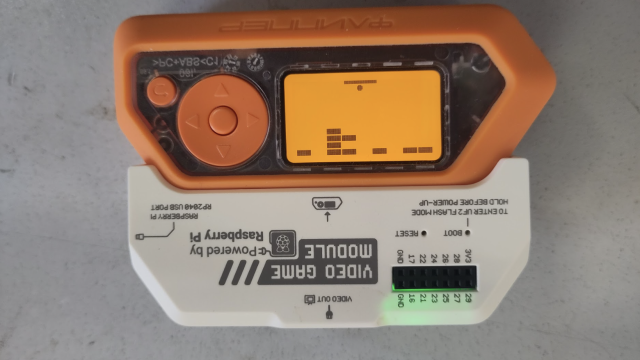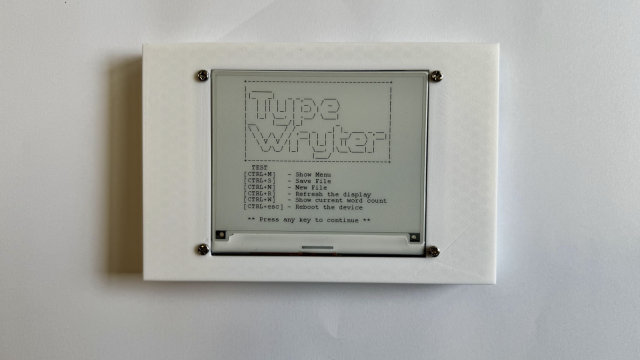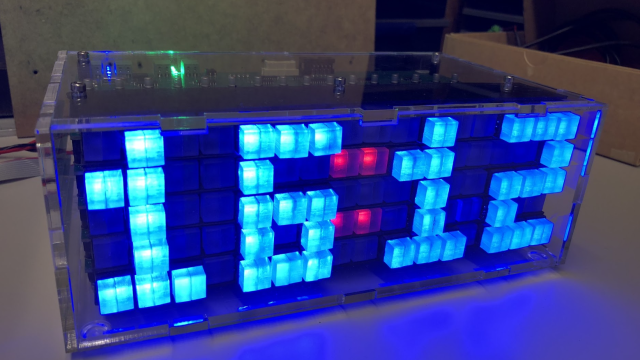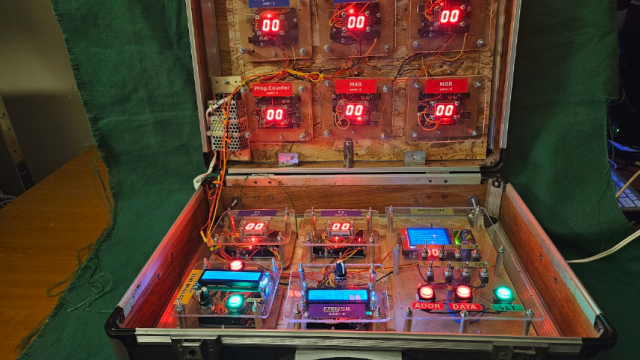“The process we’ve got this year is: people can come in and submit prints, a rep will look at them with them, slice it with them, so the student gets to learn about slicers and settings and all those sorts of things. It all comes with practice and time. We don’t want ourselves being a print bureau, where we get files thrown at us and clients expect them back the next day; we want users involved in the process, and to understand that it’s not just a question of pressing print and having something pop out the other end".
The Sheffield makerspace led by students
“We’re totally run by students. 12 midday until 8 o’clock every weekday. It took a while to get everyone on side, particularly on the health and safety side. But our accident record has been great. We’re very conscious of training on the machines. The users get sick of having to wear goggles, but that’s essential: if you’re in there gluing something but the person next to you is on the band-saw, you’re still in danger of getting hit. People sometimes don’t understand that".
“The way we run our training is there’s a general induction on health and safety that everybody reads, but after that, training is done on a piece of kit basis, so if you need to come in and use the laser cutter, the only piece of training you need to do is the general training and the laser cutter. That’s all done online. When people sign in to the space, the system checks their training; it will only light certain boxes up, so if they, say, want to come in and use the router, the person behind the desk will be able to see if they’ve got the training to be able to do so".

“We’re planning on implementing that system on the machines in future, so you’ll have to scan or swipe a card attached to the machine, and it will power up the machine if you’re safe to use it. We didn’t find it too bad last year with a capacity of 20, but now we’ve got a bigger space and more people in here, it’s a bit harder to remember what people have got (though most people are pretty honest)".
“Over the past week, we’ve been at capacity from opening to closing, so there have been 45 people in here from 12 pm to 8 pm, with one in, one out. We’re almost at 2500 registered users, which is absolutely great as far as we’re concerned. People are using the space, people are coming in here wanting to do things".
“We’ve got our own materials stores. Every user gets £10 free credit to spend on materials with us; the idea is to limit the barriers to making as much as possible. All 3D printing is free anyway, but if you’re buying acrylic, sheet metal, plywood from us, we help you get going and then buy from us at small sizes. If someone comes in with an idea for something they want to make, we want the barriers to be as low as possible".
"We’re still trying to get the makerspace spirit across; even though we’re a university, we don’t want to be the university workshop. People might be coming in here to do university projects, but that’s not just what we’re for; the person who’s here for a module has just as much right to be here as the person who’s making a Christmas decoration for their mum".
For more information, visit the Iforge website here
Run a makerspace yourself? Get it featured in HackSpace magazine
We’d love you to get in touch to showcase your makerspace and the things you’re making. Drop us a line on Twitter @HackSpaceMag or email us at hackspace@raspberrypi.org with an outline of what makes your hackspace special and we’ll take it from there.


